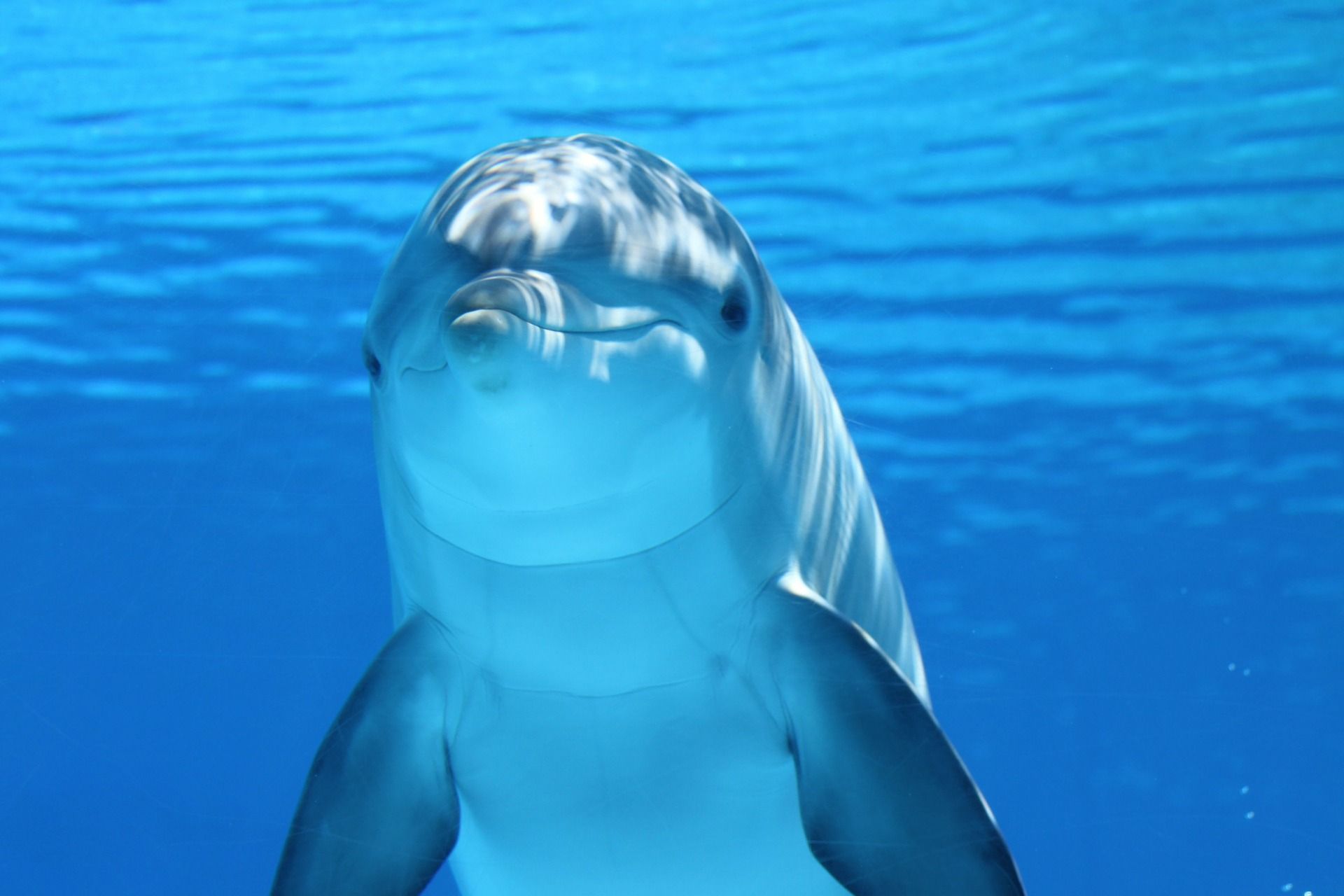
Alzheimer's Disease—one of the worst-feared side effects of human ageing—is near-unique to humans and it is unusual to find signs of it in animals. But one study has found a notable exception: the dolphin.
"It is very rare to find signs of full-blown Alzheimer's Disease in non-human brains," said Simon Lovestone, an old age psychiatrist from Britain's Oxford Health NHS Foundation Trust.
But a review Lovestone led has found "unambiguous signs" of the condition in dolphins who had beached on the Spanish coast and died, according to a press release.
The research, published in the journal Alzheimer's and Dementia, sought to explore the notion that life extending far past the end of fertility could be linked to the disease. Dolphins share the unusual human attribute of often living far past their last offspring.
The team, also comprising scientists from the Universities of St. Andrews and Edinburgh (in Scotland), and Florida, analyzed a protein found in the animals' brains called beta amyloid, as well as a separate protein called tau—both considered "signatures" of Alzheimer's, the release said.
The researchers think that human and dolphin susceptibility to the disease relates to the way the hormone insulin works in their respective bodies.
"We think that in humans, the insulin signalling has evolved to work in a way similar to that artificially produced by giving a mouse very few calories," said Lovestone.
"That has the effect of prolonging lifespan beyond the fertile years, but it also leaves us open to diabetes and Alzheimer's Disease. Previous work shows that insulin resistance predicts the development of Alzheimer's Disease in people, and people with diabetes are more likely to develop Alzheimer's," he continued
"But our study suggests that dolphins and orcas (who also have a long post fertility life span) are similar to humans in many ways: they have an insulin signalling system that makes them an interesting model of diabetes, and now we have shown that dolphin brains show signs of Alzheimer's identical to those seen in people," Lovestone said.
Lovestone says his research could be used to inform the way scientists test new Alzheimer's drugs in the lab.
"If altered insulin signalling can make an animal more susceptible to Alzheimer's Disease," he said, "we might be able produce mice that are a true model of the disease, which we can then test to find new treatments."
Uncommon Knowledge
Newsweek is committed to challenging conventional wisdom and finding connections in the search for common ground.
Newsweek is committed to challenging conventional wisdom and finding connections in the search for common ground.
About the writer
Josh is a staff writer covering Europe, including politics, policy, immigration and more.
To read how Newsweek uses AI as a newsroom tool, Click here.








